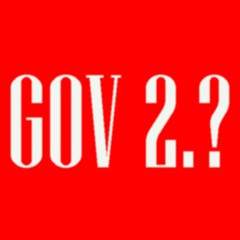September 24, 2011
Leadership Evolves Because People Change
 Leadership evolves because people change, but the principles remain the same, early in my career I was taught 10 basic principles of leadership.. while the words have changed over the years to reflect contemporary language and changing culture.. but these still hold true.
Leadership evolves because people change, but the principles remain the same, early in my career I was taught 10 basic principles of leadership.. while the words have changed over the years to reflect contemporary language and changing culture.. but these still hold true.
- Know your job
- Know your strengths and limitations always seek self-improvement
- Lead by example and be consistent
- Make sure your team knows your intent and then lead them to the goal
- Know your people and take care of them before yourself
- Develop the leadership potential in your people
- Make sound and timely decisions
- Train your people as a team and challenge them to their fullest potential
- Keep your people informed, provide clear vision and make your orders understood
We practiced Social Networking in a way back then, in the form of “O” groups, gathering everyone into a circle, passing on the days directions, accepting feedback and re-explaining the mission until everyone understood the intent and goal. Leadership then, as now was about people and communication and that is why I’m a SM advocate, it too is about people and communication. No matter where you are or who you are with, if you practiced these simple tenets you will be the leader… online or face to face it’s that simple (and that hard).
 I’ve been thinking a lot lately about
I’ve been thinking a lot lately about  It is emblematic of the times that nascent Gov 2.0 is without adequate descriptors readily accepted and simply described. This has less to do with the availability of labels than the fact that Gov 2.0 is a ship without a rudder— it still lacks a unifying theme and clearly articulated purpose behind the Gov 2.0 transformation. Gov 2.0 still means many things to many people—often different.
It is emblematic of the times that nascent Gov 2.0 is without adequate descriptors readily accepted and simply described. This has less to do with the availability of labels than the fact that Gov 2.0 is a ship without a rudder— it still lacks a unifying theme and clearly articulated purpose behind the Gov 2.0 transformation. Gov 2.0 still means many things to many people—often different.